Baking Soda in Coffee? Who Should Try it?
Not many people think about adding baking soda when it comes to making the perfect cup of coffee.
However, this unlikely ingredient may be just what you need for a smooth-tasting, less acidic brew full of flavor and easy on your stomach.
In this article, I’ll explore why some coffee lovers are adding a pinch of baking soda to their daily cups —and discover if it’s worth all the fuss.
Why would you mix coffee and baking soda?
It may seem like a strange combination at first, but mixing coffee and baking soda actually has some great benefits.
Key takeaways:
- Baking soda is alkaline in nature, and adding it to your cup of joe will help balance out the acidity found naturally in coffee beans — making for an easier drinking experience. Sodium bicarbonate is known to help relieve heartburn symptoms caused by caffeine-induced stomach upset.
- It also helps mask any bitter notes that might come with heavily roasted or old grounds while brightening up other existing flavors.
- Please don’t overdo it, though! Too much leads to sodium imbalance in your body.
Acidity of Coffee
Coffee has a reputation for being an acidic beverage. It’s true that coffee has a pH of 4.85 to 5.10, which puts it firmly in the category of “a bit on the bitter side”!
IMAGE – Color (standard of red to blue) PH scale from 0 to 14, showing a coffee cup at 5, and a box of baking soda at 8.
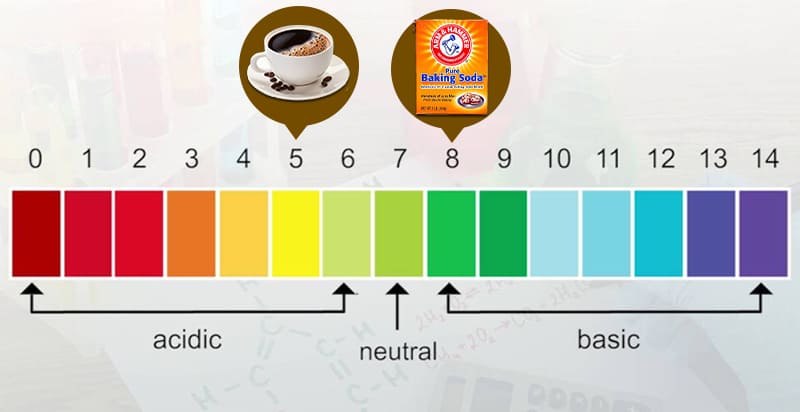
Coffee contains an organic acid called chlorogenic acid, which is responsible for the taste of coffee, but it also contributes to its high acidity on the pH scale. This can be hard on your stomach if you drink too much or are generally sensitive to acids.
The lower your coffee’s pH level is, the more acerbic it might taste – which can leave you with an unpleasant aftertaste or cause digestive distress.
Alkalinity of Baking Soda
Baking soda is like an angel sent from the heavens to bring balance and harmony into coffee lovers’ lives!
Why?
Baking soda, or sodium bicarbonate, has a pH value of 8, which is on the alkaline end of the pH scale. Its alkaline nature brings a neutralizing effect that helps reduce the acidic levels of your morning cup, making it less bitter.
In other words, it works its magic by balancing out all those extra acidity molecules to deliver a smooth drink with fewer adverse effects on sensitive stomachs – almost as if Cupid was aiming his arrow directly at our hearts (or rather bellies!)
Smooths out bitterness
Very dark roast, stale, or inexpensive coffee can be overly bitter, and baking soda can make lousy coffee taste much better.

Scientific effect of mixing baking soda and coffee
When mixed together, the chemical reaction between the two compounds has an interesting scientific effect on both elements.
The reaction between baking soda and coffee is due to acids in the brewed beverage. When sodium bicarbonate comes into contact with acid, it neutralizes it by releasing carbon dioxide gas, producing a fizzy effect.
You may have done the classic volcano experiment in grade school, pouring baking soda onto acidic vinegar to make the volcano erupt. The same thing happens with coffee; acids are negated through the release of CO2.
How Much Baking Soda Should You Put in Your Coffee?
Light roast coffee is more acidic than dark roast coffee.
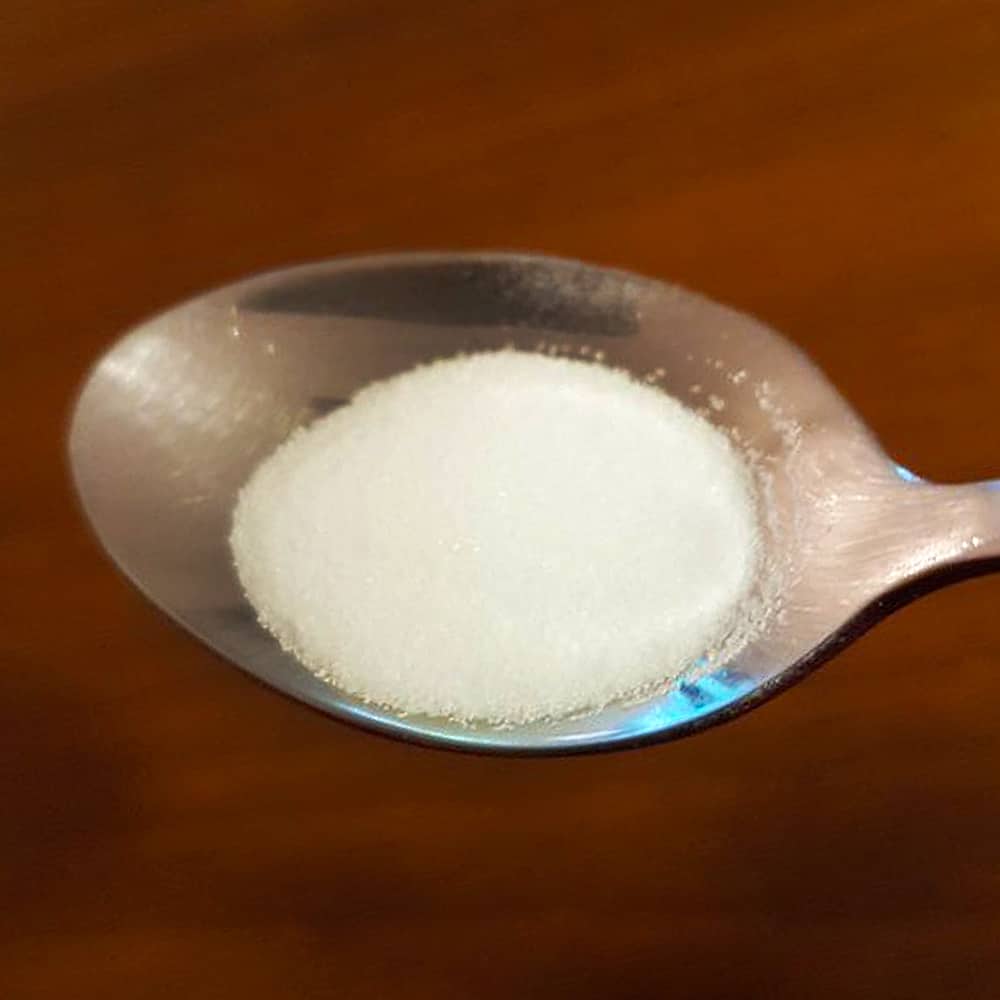
- For good quality darker roasts, add about 1/4 teaspoon per pot of coffee.
- If you’re drinking a cup at a time, 1/8 tsp will be enough, and that’s about a pinch.
- For lighter roasts with higher acidity levels, increase this ratio up to 1/2 teaspoon per 8 oz pot. But remember not to go overboard!
What does baking soda in coffee taste like?
Baking soda in coffee tastes…interesting. It doesn’t change the taste of your cup much, but it does mellow out any bitter flavors that may be present from a dark roast, while delivering a smooth texture and slightly salty aftertaste. The bitterness from the acidity is gone and replaced with subtle flavors that are not overpowering. You won’t be able to taste any hints of sodium bicarbonate.
If you’re looking to reduce acidity or bitterness without adding milk or sugar, baking soda is definitely worth trying.
Overdosing on baking soda
Putting too much baking soda in your coffee can create a sweetish salty flavor, creating an unpleasant taste for most people’s palates. Also, carbon dioxide gas is released, creating air bubbles inside your stomach. The result? You can expect symptoms like abdominal pain, bloating, and excessive wind passing (farting).
Additionally, baking soda contains sodium ions not found in regular table salt or sea salt crystals. If you consume way too much, your body will become overwhelmed by the amount of sodium it contains. This can lead to an imbalance in electrolytes inducing excessive urination and leading to symptoms such as nausea and vomiting, headaches, dizziness, or confusion due to dehydration.
This sounds scary, but if you don’t consume more than 1 teaspoon of baking soda per day, you have nothing to worry about.
Tangible health benefits of mixing coffee & baking soda
Baking soda has some general health benefits that are present if you mix it into your coffee as well.
Improves heartburn, acid reflux (GERD), and gut issues
Adding baking soda to your coffee can significantly reduce the discomfort of mild heartburn, acid reflux, and stomach ulcers.
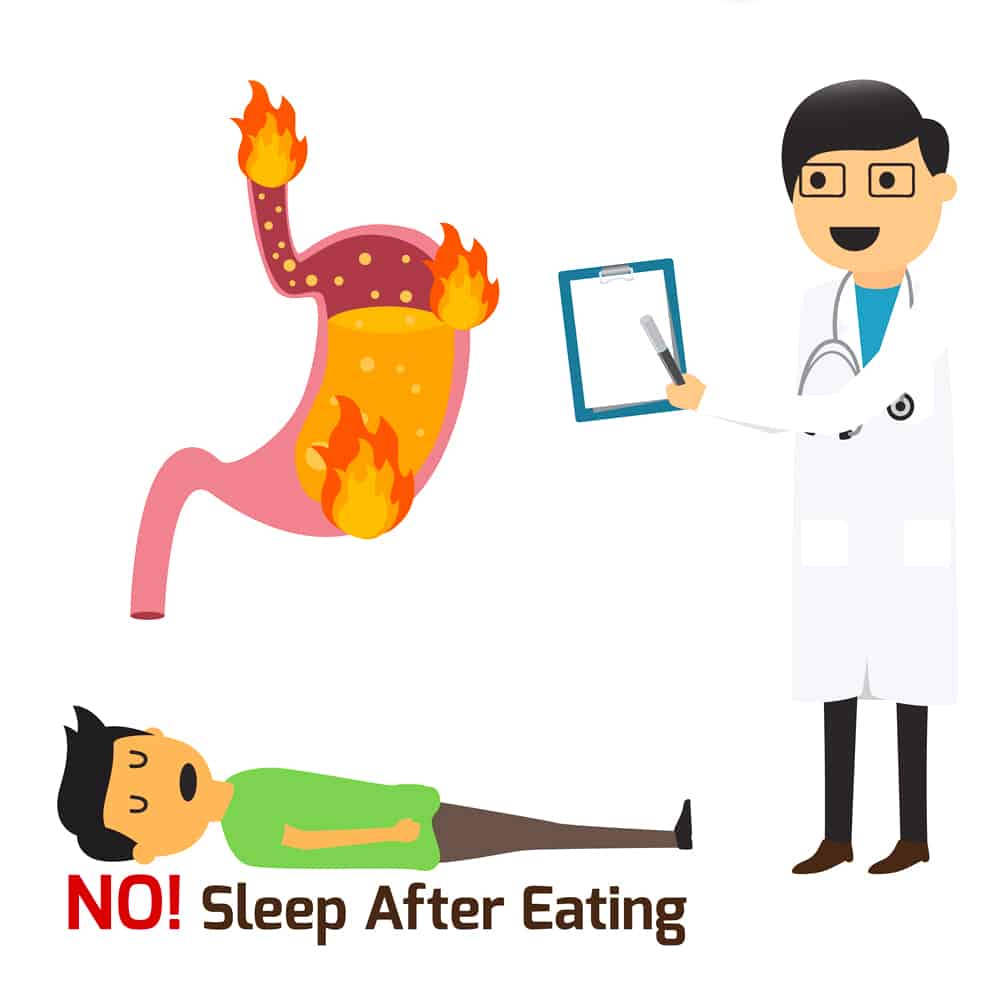
As we all know, caffeine is naturally acidic, so it’s easy for our stomach acids to get out of balance. When this happens, heartburn or GERD occurs because there isn’t enough buffer in the esophagus anymore.
Baking soda helps neutralize both these conditions due to its alkalinity: when mixed with warm water, it creates an environment where acid is somewhat negated. If you’re looking for relief from stomach aches and heartburn without resorting to medication, adding baking soda might be worth trying (in moderation).
However, you should know that caffeine has a direct effect on your esophageal sphincter. It loosens the muscle, which could result in stomach acids and fumes entering your esophagus, increasing GERD.
Baking soda has no calories
Not only does it help reduce the acidity in your cup of joe, but it also has no calories! Other sweeteners and creamers you might be adding to ease the acidity of coffee add plenty of extra needless fat and sugar into our lives.

Baking soda has no caloric content and will do you absolutely zero harm health-wise if used correctly.
Tips for making your baking soda coffee taste even better
- Use quality freshly-ground coffee beans: The better the beans, the smoother and tastier your cup of Joe will be!
- Go easy on adding baking soda: a pinch is enough to start with – too much could make it unbearably salty.
- Add milk/cream to balance out the taste: you can avoid an overly acidic flavor by doing this step before adding baking powder so that the acidity doesn’t negate any added sweetness.
- If needed add some sugar for sweetness but try not to go overboard.
Alternative ways to reduce acidity in your coffee
If you’re not a fan of baking soda on coffee, don’t worry. There are other ways to lower the acidity of your favorite brew:
- Going decaf: A study has found that decaffeination of coffee significantly reduces the risk of acid reflux. Of course, the caveat here is that you won’t be getting the benefits of caffeine in your brew.
- Cold brewing: Because of its unique method, cold brew coffee is also known to have less acidity compared to regular coffee, making it a better choice for those who have a more sensitive stomach.
- Buy low-acid coffee beans or acid reducers: You can also purchase low-acid coffee beans or coffee acid reducers which can lower the acidity of your coffee without affecting its flavor.
FAQ
So there you have it, folks. Adding baking soda to your coffee may not be the traditional way of making a cup of coffee, but if acidic coffee gives you an upset stomach or you want to make your coffee less bitter, why not experiment? Let me know your thoughts in a comment below!

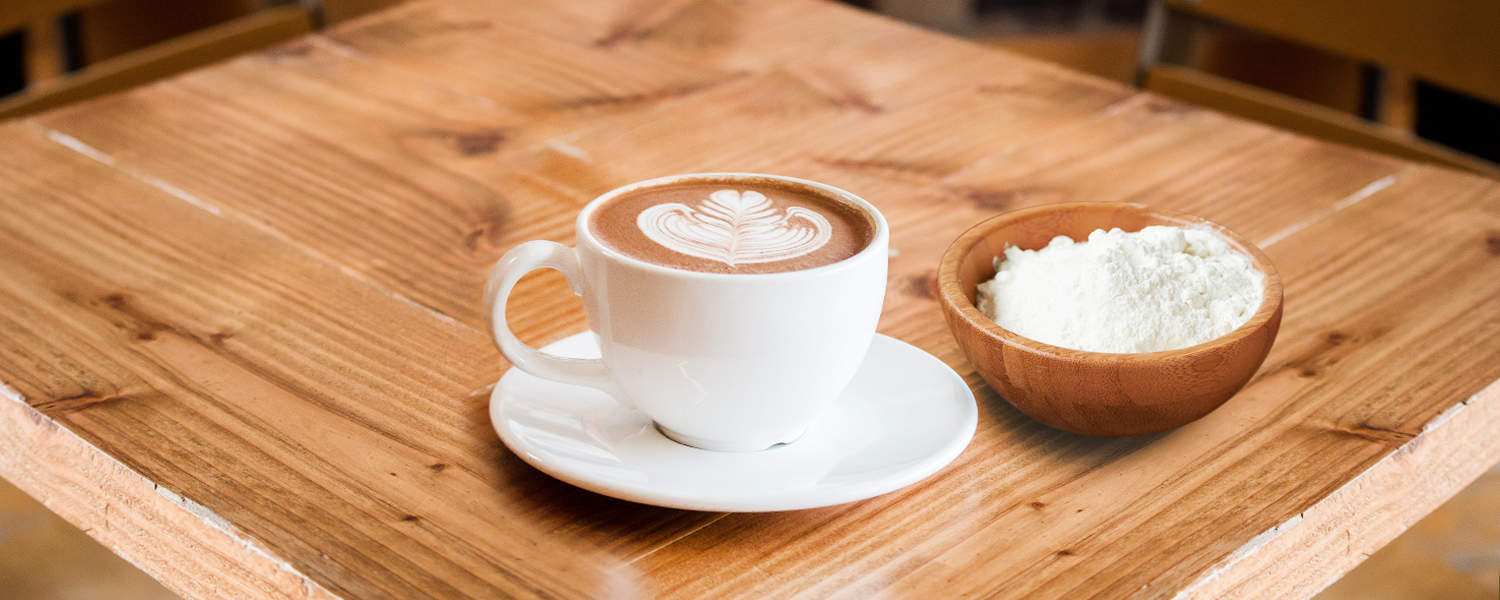
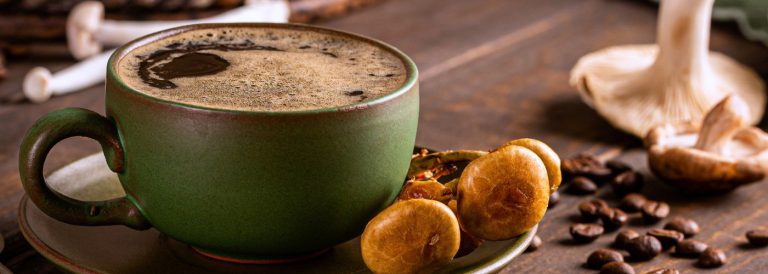
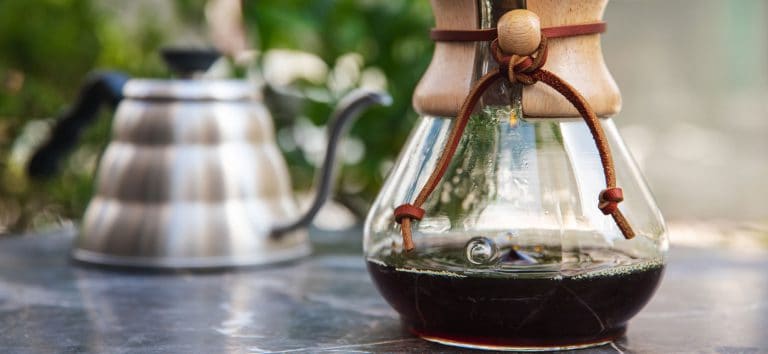
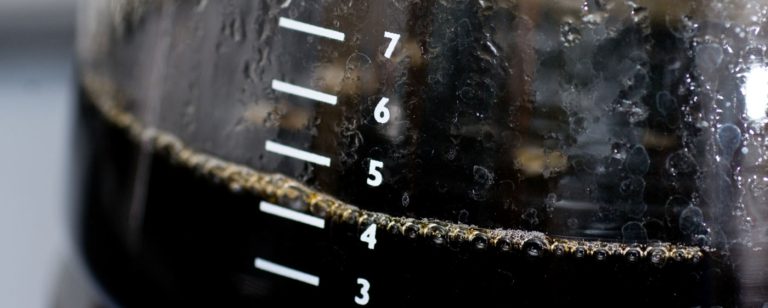
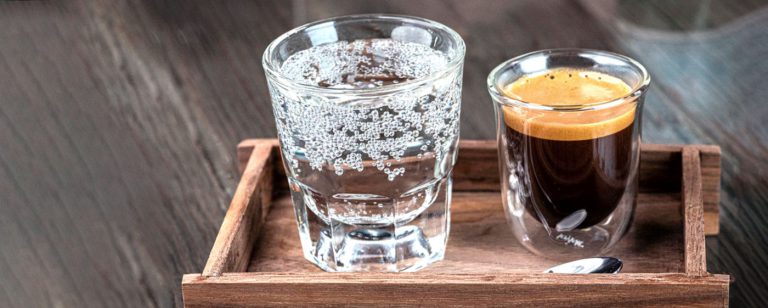
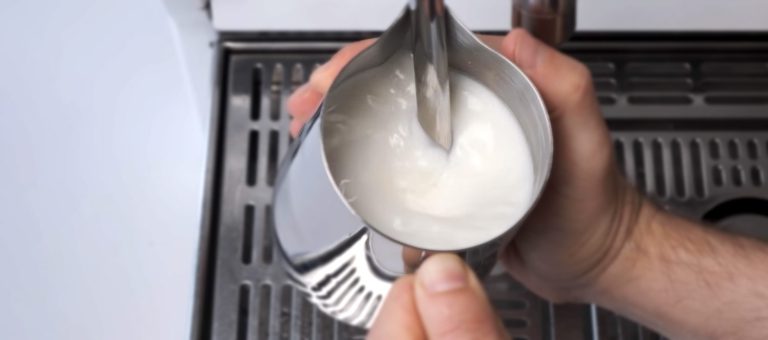
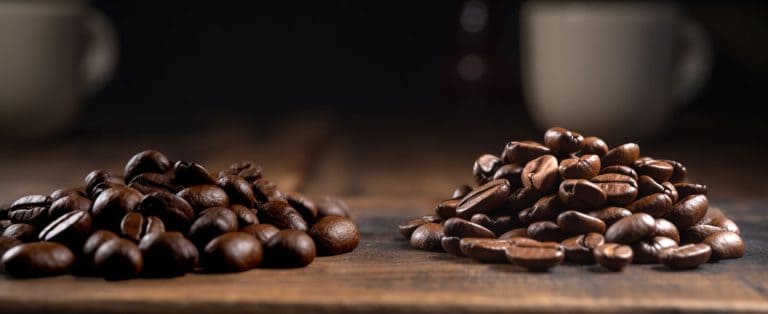
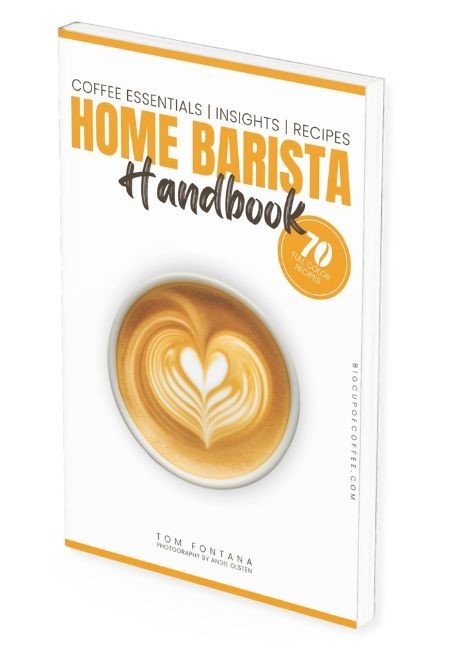
Thanks for the informative article, Tom. Quick question: Is there a particular type of coffee bean that works best with baking soda to minimize bitterness, or is it pretty much universal? Keen to give this a try with the right beans.
Good question! I haven’t tried it specifically like this, but I would guess that the more bitter dark roasts see the most benefit from baking soda in this regard.
Tom’s article resonated with me – I’ve been balancing my coffee’s pH with baking soda for years due to acid reflux. The trick is to start with a small pinch and adjust to taste. It’s great to see this method getting more attention.
I’ve always wondered why my coffee left a bitter taste, but never thought of adding baking soda. Tried your tip this morning, and what a revelation. The coffee is smoother, and my stomach is thanking me. Big shoutout to Tom for this advice.
Tom, your article was a good read, but I’m a bit concerned. Can adding baking soda affect the caffeine content or the absorption of coffee in any way? Would love to hear more about this aspect.
I had no clue that baking soda could be added to coffee. I tried it today based on your piece, and while it’s an adjustment, I’m starting to enjoy the smoother taste. Also, no heartburn today, which is amazing. Would this work if I switch between different types of coffee?
Curious about whether anyone’s tried this with other acidic beverages. Could this be a broader solution, or is there something special about coffee and baking soda together?
To expand on what Lucas H. mentioned, it’s vital to understand the brew method’s impact. I’ve noticed that cold brew, even with its lower acidity, can also benefit from a pinch of baking soda, especially for those with a sensitive gut.